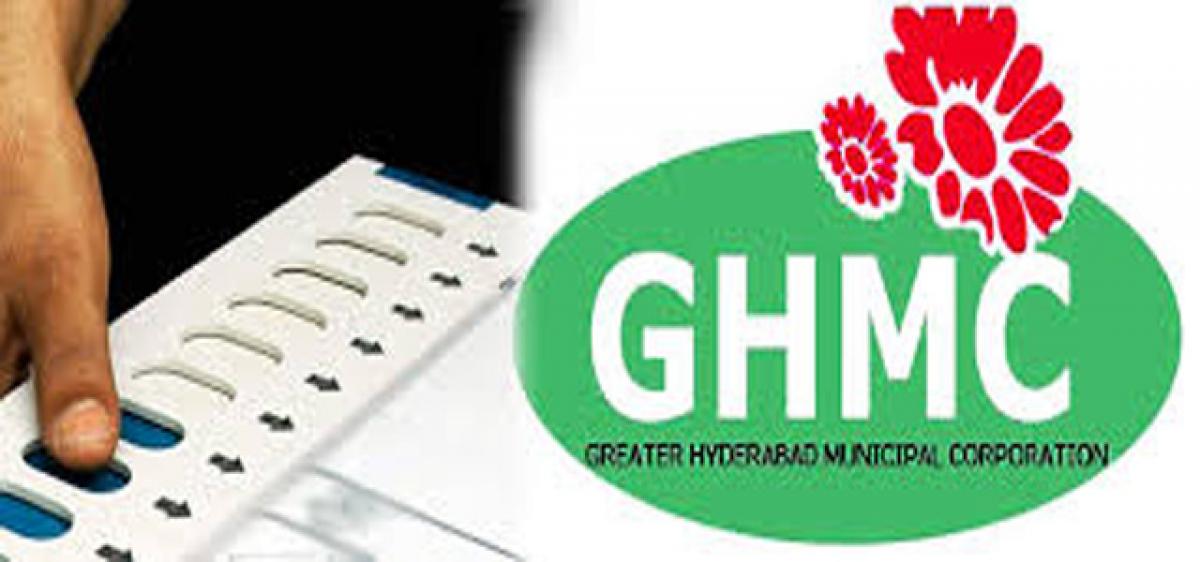Live
- Ponnam urges KGBV teachers to call off strike
- India, Pak in same group; to clash on Feb 23 in Dubai
- India, Pak in same group; to clash on Feb 23 in Dubai
- Kareena reveals her favourite Shyam Benegal film featuring sister Karisma
- A day with Collector Jeebanananda Mohanty
- Odisha signs pact to operate hydrogen-powered bus
- I am a victim of chit fund scam too: Majhi
- Telangana’s Ganapathi Self-Help Group Emerges Winner at PepsiCo India’s RevolutioNari Awards 2024
- Karnataka State real estate body faces problems over fine collection from builders
- ‘Mother India’ Shefali Shah goes river rafting in Rishikesh
Just In

The Election Commission of India has given a mixed response to the Supreme Court on providing absentee voting rights like electronic voting and proxy voting, to over 300 million domestic migrants in the country and saying there is no foolproof mechanism to verify their identity and block duplicity.
The Supreme Court recently had asked the Election Commission to study the possibility for electoral reforms to allow inter-State migrants voting privileges like postal ballot available to government servants and need to link Aadhaar with electoral details of voters.According to orders, EC had last year set up a committee to study the possibility of amending the electoral law to empower voters who have migrated to other States within the country.
The Election Commission of India has given a mixed response to the Supreme Court on providing absentee voting rights like electronic voting and proxy voting, to over 300 million domestic migrants in the country and saying there is no foolproof mechanism to verify their identity and block duplicity.
Why it is difficult to provide absentee voting rights?The study report of EC finds that “Domestic migrants” do not constitute a “uniquely identifiable and countable class.” There is also no reliable information or documentation on the number of domestic migrants in the country. The last one on them is the 15-year-old 2001 Census data of 314.5 million.
Therefore, any provision of absentee voting rights to the “loosely defined term domestic migrants” would become a logistical nightmare for the Commission, that is, for example, they are so spread out that an election in one Assembly constituency would mean electoral arrangements in 4,120 Assembly constituencies.
As several thousands of voters keep on changing their places of ordinary residence frequently making this task even more complex.Besides, enforcement of Model Code of Conduct would suffer and the concept of level playing field would get defeated with national parties having an advantage over State parties.
Besides, multiple vernacular data and “varying patterns of spelling” and difficulty in ascertaining the date of birth of voters have given rise to multiple entries of voters.Way ahead EC has not totally negated the idea of providing domestic migrants with absentee voting rights. It is in favour of extending these rights only to a small subset of migrants who formed an identifiable and countable class of electors not delinked from their present place of registration and only “temporarily absent” from their place of ordinary residence.

© 2024 Hyderabad Media House Limited/The Hans India. All rights reserved. Powered by hocalwire.com







